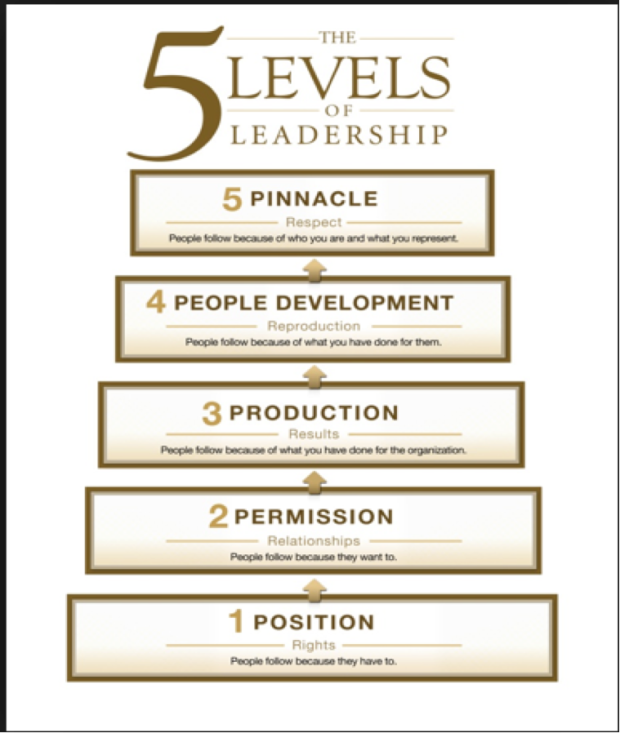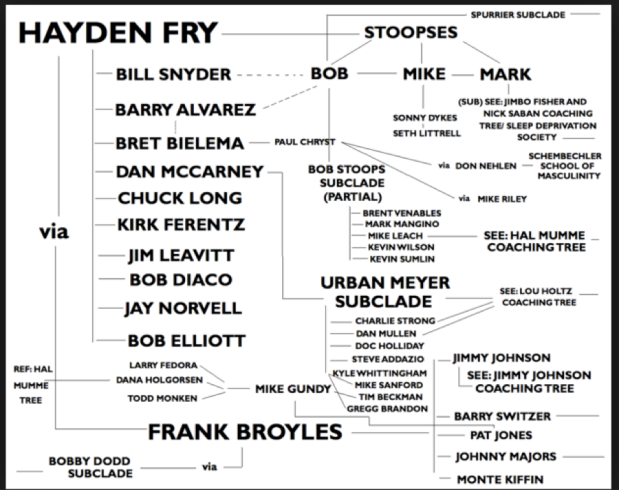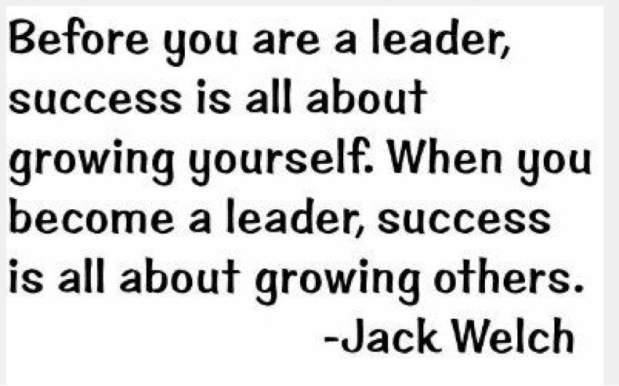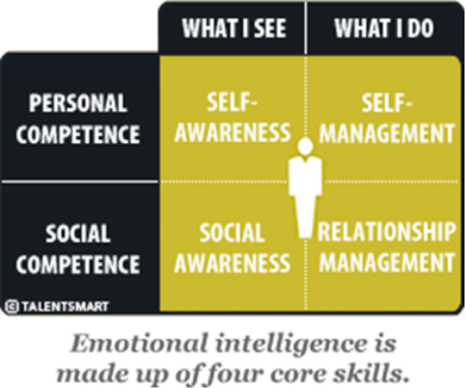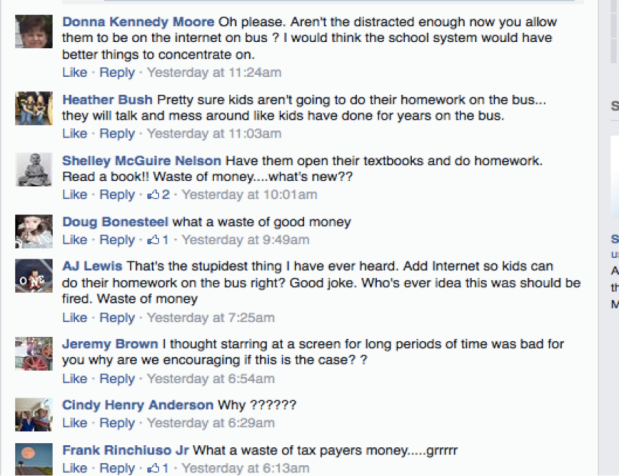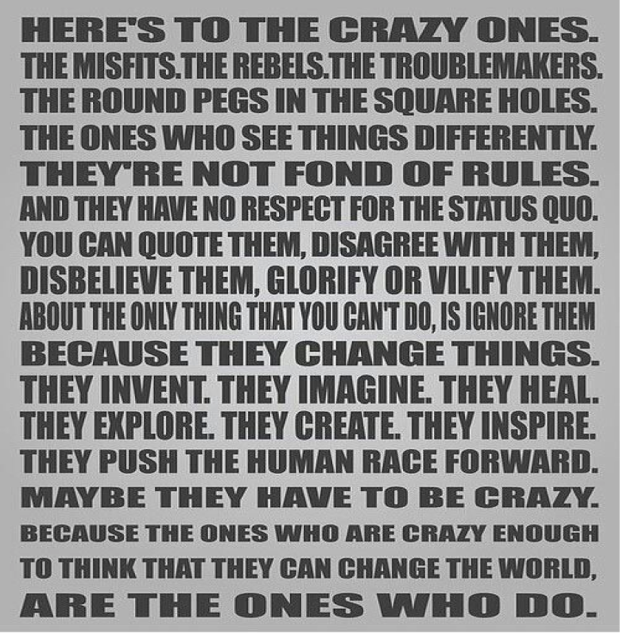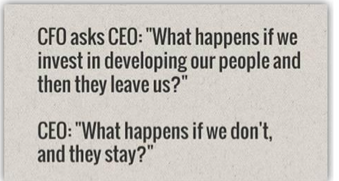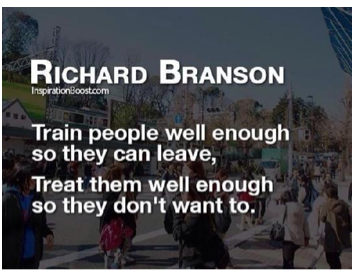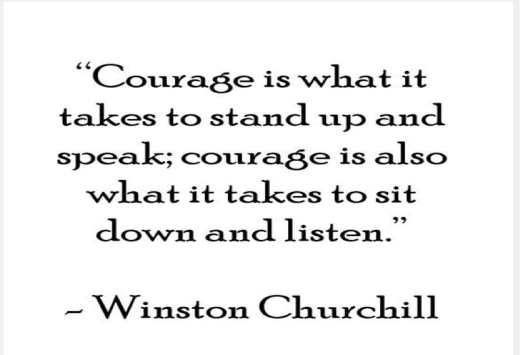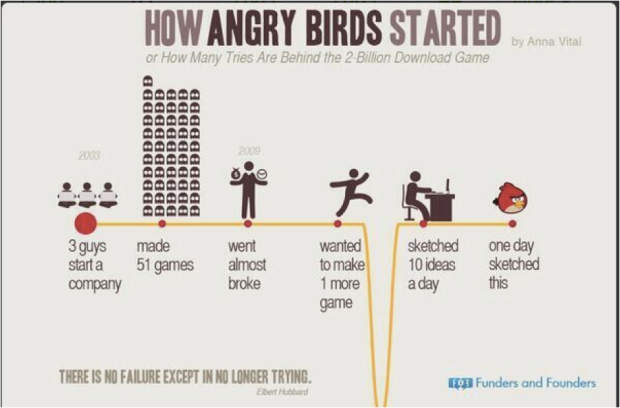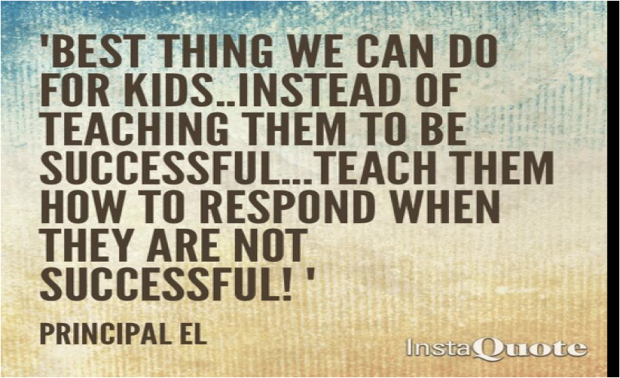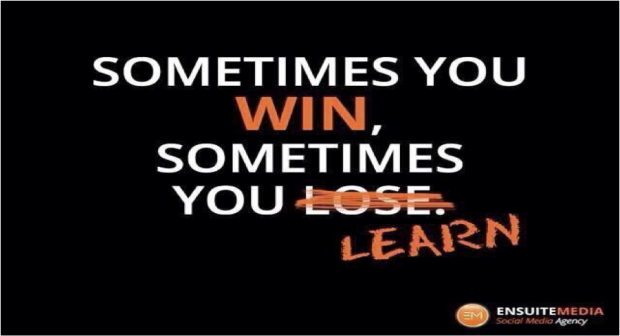My last post was by far my most popular post since I started blogging 3 months ago. The post seemed to resonate with school leaders in a very personal way. It also resonated with news media across the state of Iowa. Finally, the decision to put Wifi in school buses resonated with citizens across the state. I have republished an editorial piece that appeared in the Ottumwa Courier on Saturday, Sept. 27th edition. I thank my friend, Mark Newman for sharing his thoughts about change in the following article.
A Newsman Finds The Facts
WiFi on Cardinal Buses Creates a Buzz
ELDON, IA— Is it easy to criticize educators, or just fun?
As a kid, it was a little bit of both. While teachers, school boards and administrators always receive their share of insults, they can make it worse on themselves. Change does it, as does being the first to do something new.
One of Wapello County’s school boards and their superintendent received a lesson in how an attempt at improvement will raise the hackles of folks more than 100 miles away.
In case you haven’t guessed by now, I’m talking about Cardinal of Eldon: Out in rural Iowa, the kids don’t always have access to the internet. Superintendent Joel Pedersen decided to put WiFi hot spots on each bus. All grade 6-12 Cardinal students are given a laptop for the year.
Local media reported, but then the story broke state wide.
Pedersen told us that it was possible kids would play games. He knows that, and so does the board. But one thing was sure; his students, he said, deserve at least the opportunity to study. If kids did want to do internet research (a big part of today’s school curriculum), they had to have access to the internet.
They get to choose how to use that time. Keep in mind, however, one of the other innovations at Cardinal: Mandatory homework. There are no “incomplete” grades. You will do your school work. If you don’t get homework done, children are ordered back to school over the weekend; teachers oversee homework completion — outside of their contract days, which is to say, without pay.
For many of the rural kids, Pedersen said, that 45 minutes spent sitting on the bus for the ride home is the last chance to hook up to the ‘net. They certainly can’t access the broadband from their house.
“The infrastructure just isn’t there,” he said of his largely rural district.
The Eldon kids thought it was a great idea. The parents … well, they were hesitant, though generally said they’d wait and see. The concern was that rather than doing research or homework, the children would play with their laptop computers or, perhaps, watch funny cat videos.
Viewers watching Des Moines television used Facebook to judge the small community’s decision on Facebook. Some opinions, even negative, were well thought out. With others, it was hard to tell whether they’d read (or watched) any of the interviews with Pedersen. I will never say which category any of the following fall into.
Jenna Rozinek queried “Couldn’t the money be used for something better, like maybe new books …?
Shelley McGuire Nelson suggested we “have them open their textbooks and do homework … Waste of money.”
Jennifer Zagar inquired, “If the computer is what is teaching them [why] do we need teacher?”
Amanda Stone-Janssen “My first reaction was omg that’s dumb, who is really going to use the WiFi for homework? But then I actually thought my response through….. While the schools provide the laptops [to take home], they do not provide the Internet it takes to use them. Not all of us are blessed enough to have the Internet at home, financially or simply because affordable Internet isn’t available in some rural areas … If this gives those kids, however few, time and resources to get their work done, then so be it.”
Jamie Blakley said that if the rides were shorter, she would ask why they’d bother. But at up to two hours on a bus, the addition “is a very nice thing for the school district to do. Especially if some of these kids don’t have it at home. The instinct is to say ‘back in my day we didn’t’ but we aren’t [in] those days…”
Nick Hansen wrote, “I rode the bus all the time when I was a kid … we didn’t have it then and we were fine.”
Theresa McDonald Dowd stated, “I rode the bus for 2 hours every day when I was a kid. I did not have wireless internet and I still managed to get my homework done. What a waste of tax dollars.”
This week, Pedersen used his blog to address the criticism. He showed the Facebook posts, but did not criticize any poster individually.
“My post is not about convincing anyone about the merits of adding WiFi on school buses. I’m sure arguments could be made for both sides of this implementation. I do want to mention the challenges we face as leaders when moving into uncharted territory.”
There’s the crux of the matter for me: As the world changes, do we prepare students for the former world or for the one we’re sending them into?
Kevin Schlomer wrote a long post on Facebook; I had to shorten it so it would fit.
“The world is changing. We have to prepare kids for their future, not 1985. Many curriculum materials are moving entirely online. They are more current, more interactive and much cheaper than trying to constantly update paper textbooks. If kids sit on a bus for 2 hours why not give them a chance to work on homework? I think it’s a great chance for all districts to watch and learn from this school.”
— Ottumwa Courier reporter Mark Newman can be contacted via mnewman@ottumwacourier.com
